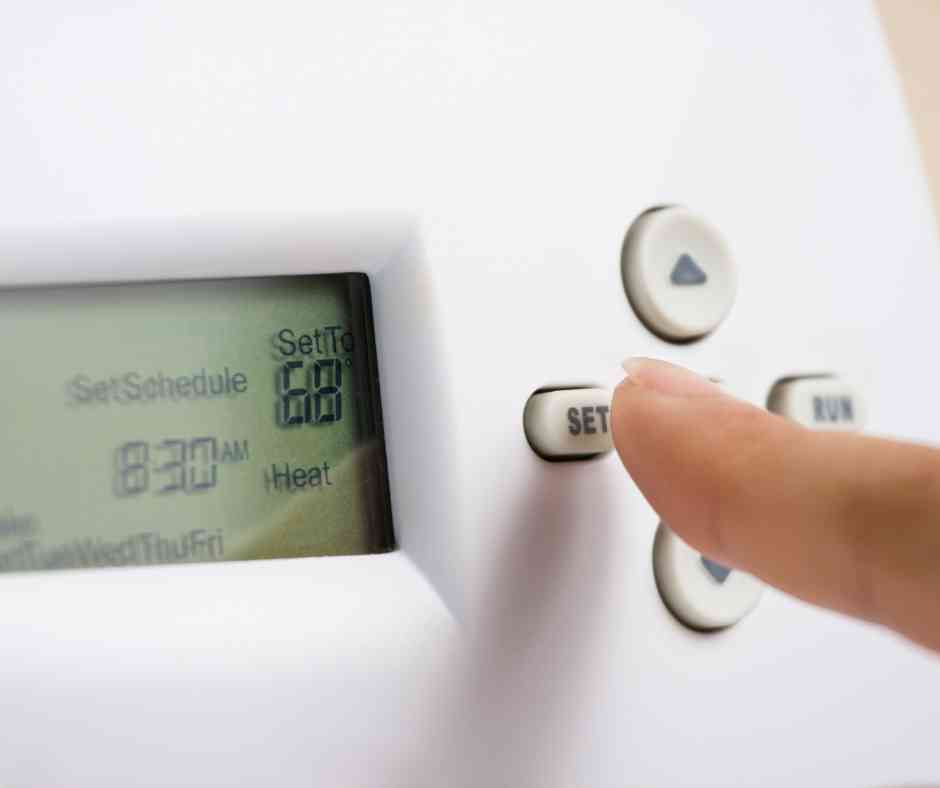520-201-3058
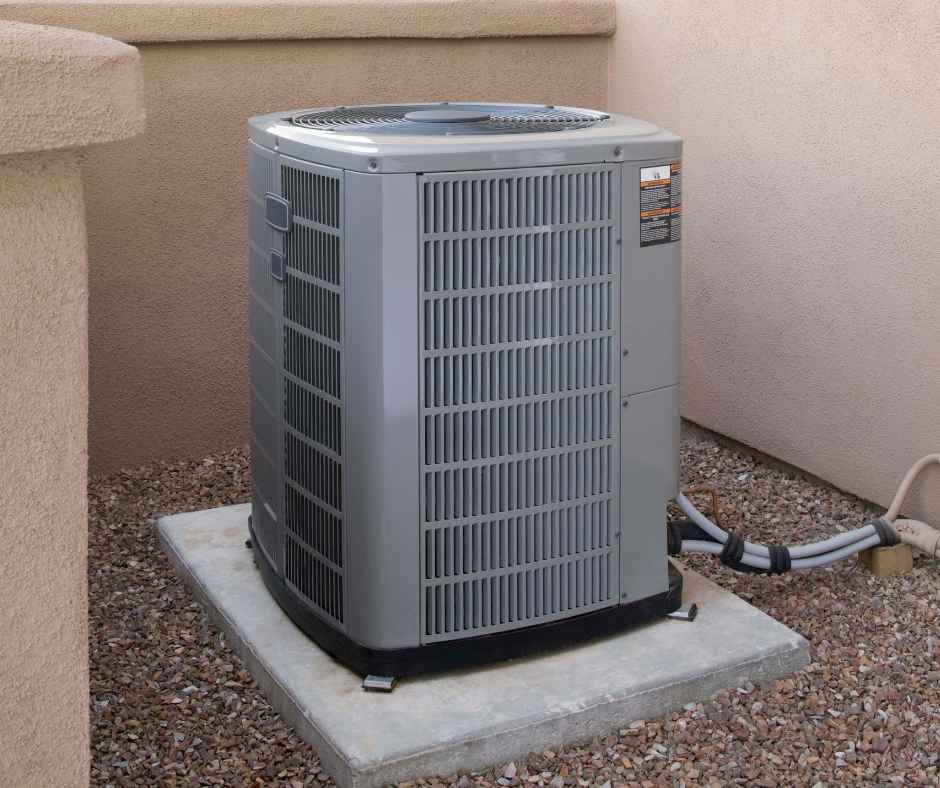
What Size Heat Pump Do I Need?
Choosing the right heat pump for your home is essential for maintaining comfort and energy efficiency. If you’re asking, “What size heat pump do I need?” you’re not alone. Selecting the correct size ensures your home stays warm in the winter and cool in the summer without overworking the system or inflating your energy bills.
In this blog, we’ll explore how to determine the right heat pump size for your home, why it’s important, and how regular heat pump maintenance and heat pump repair can extend the lifespan of your system.
Why Heat Pump Size Matters
Getting the correct heat pump size is critical for several reasons. If the unit is too small, it will struggle to heat and cool your home, leading to uneven temperatures and higher energy bills. An undersized system will run more frequently, wearing out the components and reducing the system’s lifespan.
On the other hand, if the heat pump is too large, it will cycle on and off too frequently, leading to inefficient operation, uneven temperature distribution, and increased wear on the system. Both scenarios can lead to higher repair costs and reduced comfort in your home.
Factors That Determine Heat Pump Size
Several factors come into play when determining the correct size heat pump for your home. These include:
1. Home Square Footage
The size of your home is one of the most critical factors in determining the correct heat pump size. A general rule of thumb is that you’ll need about 30 to 60 BTUs (British Thermal Units) per square foot of living space, depending on your climate and insulation.
For example:
- A 1,500-square-foot home may require a heat pump with a capacity of 45,000 to 90,000 BTUs.
- A 2,000-square-foot home may need a heat pump with a capacity of 60,000 to 120,000 BTUs.
2. Climate Zone
Your geographic location also plays a significant role in sizing your heat pump. Homes in colder climates will require more heating capacity, while homes in warmer areas may need more cooling power. If you live in a climate that experiences both extreme cold and heat, you’ll need a heat pump that can efficiently handle both.
3. Insulation and Windows
The quality of your home’s insulation and the number and type of windows can affect how much heating and cooling you need. Poor insulation or single-pane windows allow more heat to escape in the winter and more heat to enter in the summer, increasing the load on your heat pump.
If your home is well-insulated and has energy-efficient windows, you may be able to install a slightly smaller heat pump. On the other hand, if your insulation is subpar, you might need a larger system to compensate for the energy loss.
4. Ductwork and Airflow
Proper airflow is essential for your heat pump to work efficiently. If your ductwork is outdated or undersized, it can restrict airflow and reduce the system’s overall efficiency, meaning you might need a larger heat pump to compensate. It’s important to have your ductwork evaluated during the heat pump selection process to ensure it can handle the airflow of the new system.
5. Heat Pump Efficiency Ratings
Heat pumps come with efficiency ratings, which affect how well they perform in different conditions. Look for systems with high SEER (Seasonal Energy Efficiency Ratio) and HSPF (Heating Seasonal Performance Factor) ratings. These numbers indicate how efficient the system is at heating and cooling, which can influence the size of the unit you need. Higher efficiency systems may allow you to opt for a slightly smaller heat pump without sacrificing comfort.
How to Calculate Heat Pump Size
The best way to determine the correct heat pump size for your home is by consulting with an HVAC professional. They will perform a Manual J Load Calculation, which takes into account your home’s square footage, insulation, windows, ductwork, and climate zone to provide a precise measurement of your heating and cooling needs.
While general BTU recommendations based on square footage can be helpful, a Manual J Load Calculation ensures your heat pump is properly sized for your specific home, reducing the risk of inefficiency and discomfort.
Heat Pump Maintenance and Repair: Keeping Your System Efficient
Once you’ve installed the correct size heat pump, regular heat pump maintenance is essential to keep the system running efficiently. Neglecting maintenance can lead to poor performance, higher energy bills, and even premature system failure.
Some key maintenance tasks include:
- Changing air filters regularly: Dirty filters restrict airflow, forcing your heat pump to work harder than necessary.
- Cleaning the outdoor unit: Leaves, dirt, and debris can accumulate around the outdoor unit, reducing efficiency.
- Checking refrigerant levels: Low refrigerant can cause your heat pump to lose cooling power and overheat.
- Inspecting and cleaning coils: Dirty evaporator and condenser coils can reduce efficiency and lead to system failure.
If your heat pump isn’t performing as expected or requires frequent repairs, it’s important to schedule a professional heat pump repair to address the problem before it worsens.
Get Expert Heat Pump Repair and Maintenance from Russett Southwest
Choosing the right heat pump size is critical for ensuring comfort and efficiency in your home. By considering your home’s square footage, insulation, climate, and ductwork, you can find a system that meets your needs. Remember that a properly sized heat pump not only saves energy but also reduces the need for costly repairs and prolongs the life of your system.
If you need help selecting the correct heat pump size for your home or require heat pump maintenance or heat pump repair, the experts at Russett Southwest are here to help. Contact us today to ensure your heat pump is ready to keep you comfortable year-round.
Recent News
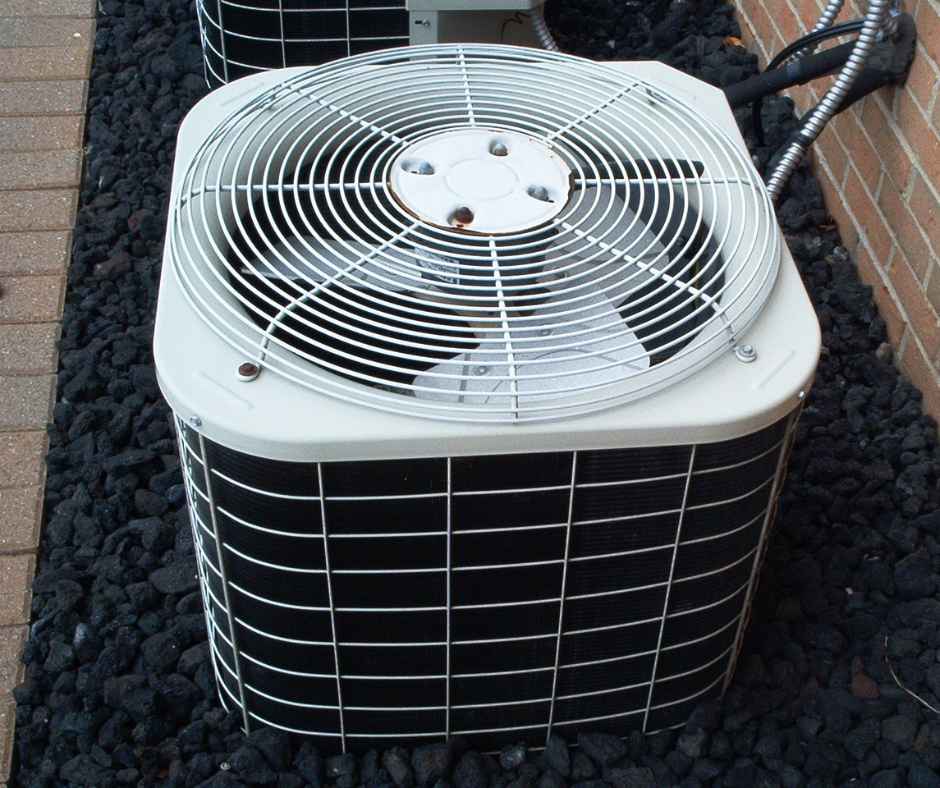
What Causes Uneven Heating and Cooling in Tucson Homes?
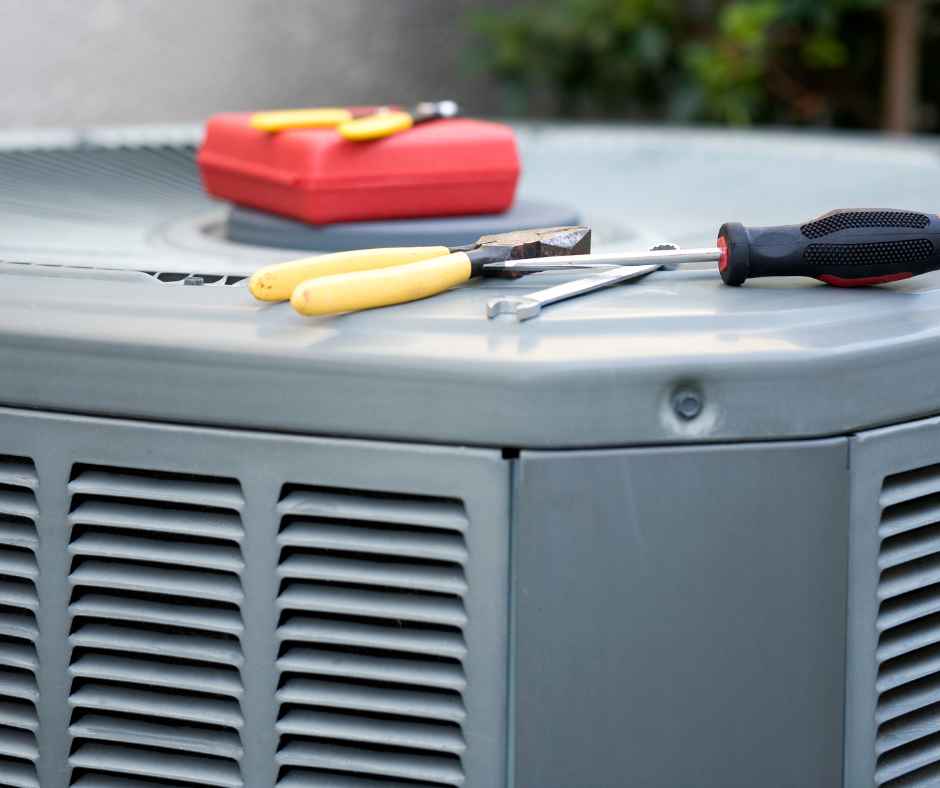
Top Signs Your HVAC System Is Wasting Energy in Tucson
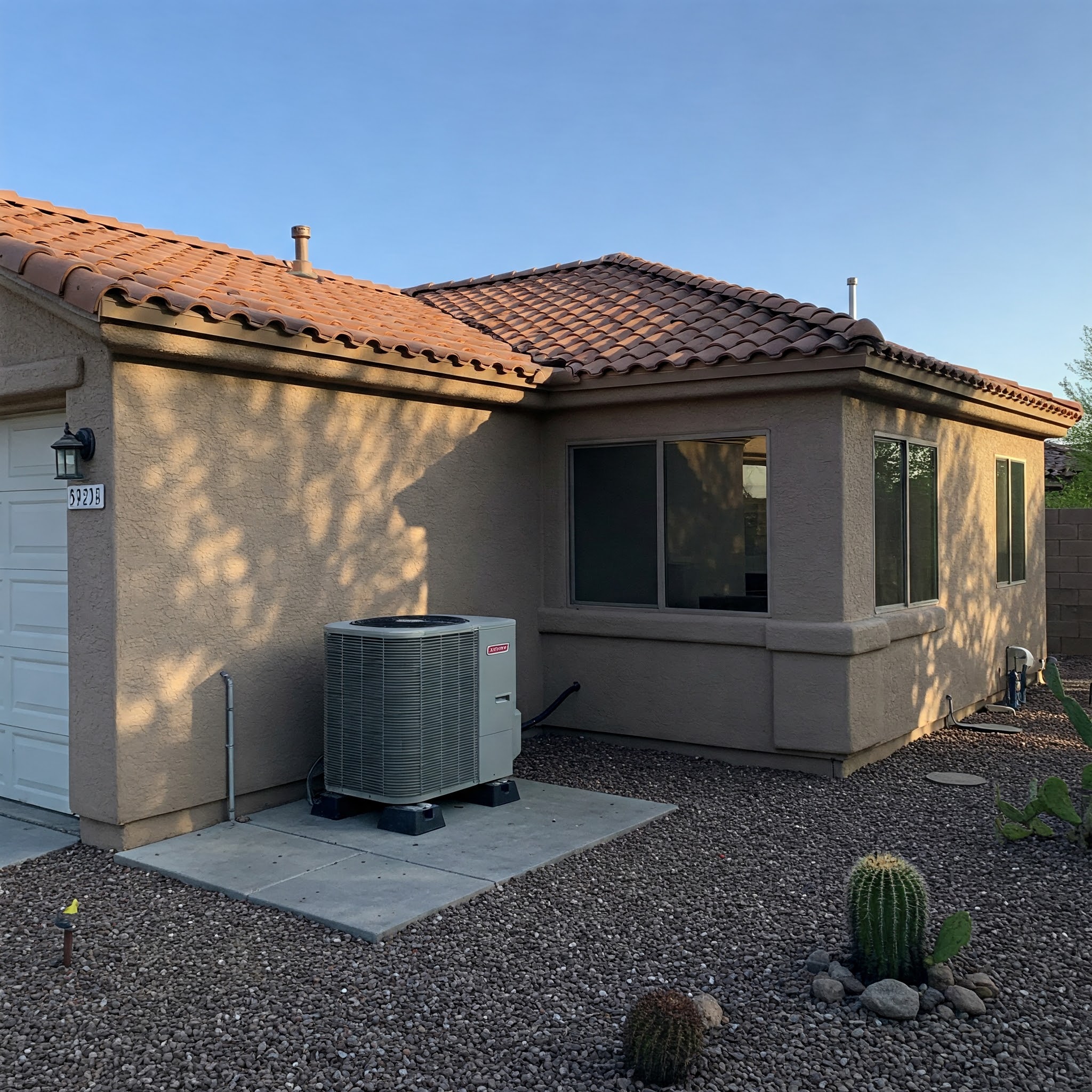
Why Spring HVAC Maintenance Is Crucial in Tucson

How Tucson’s Dust Impacts Indoor Air Quality and What to Do About It
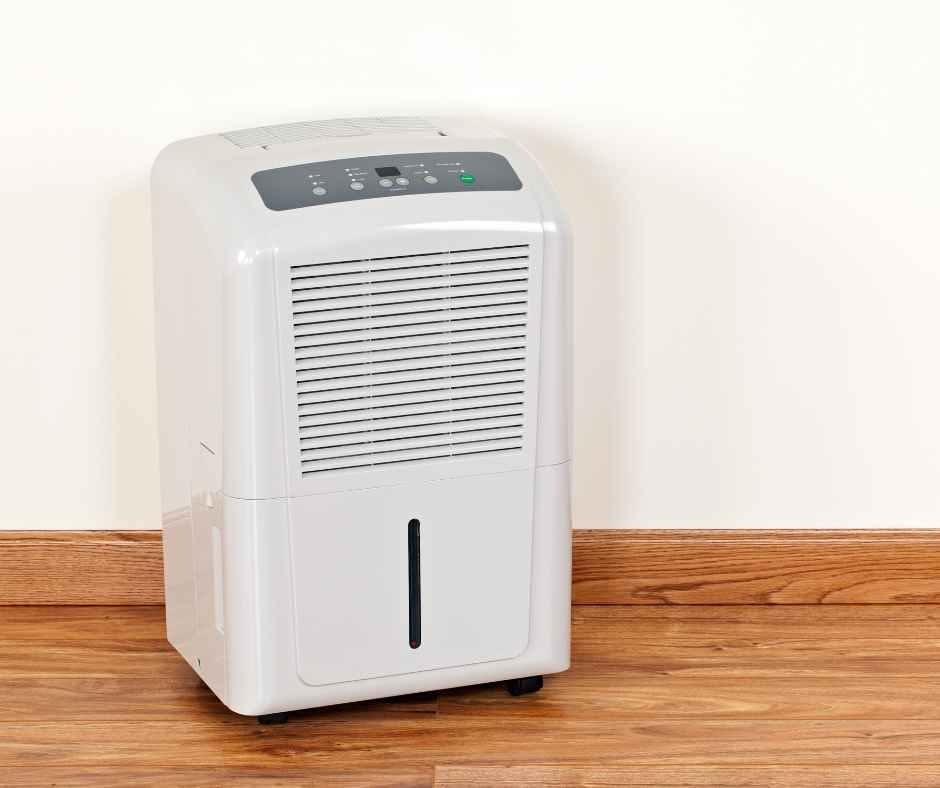
Do You Need a Dehumidifier in Tucson’s Dry Climate?
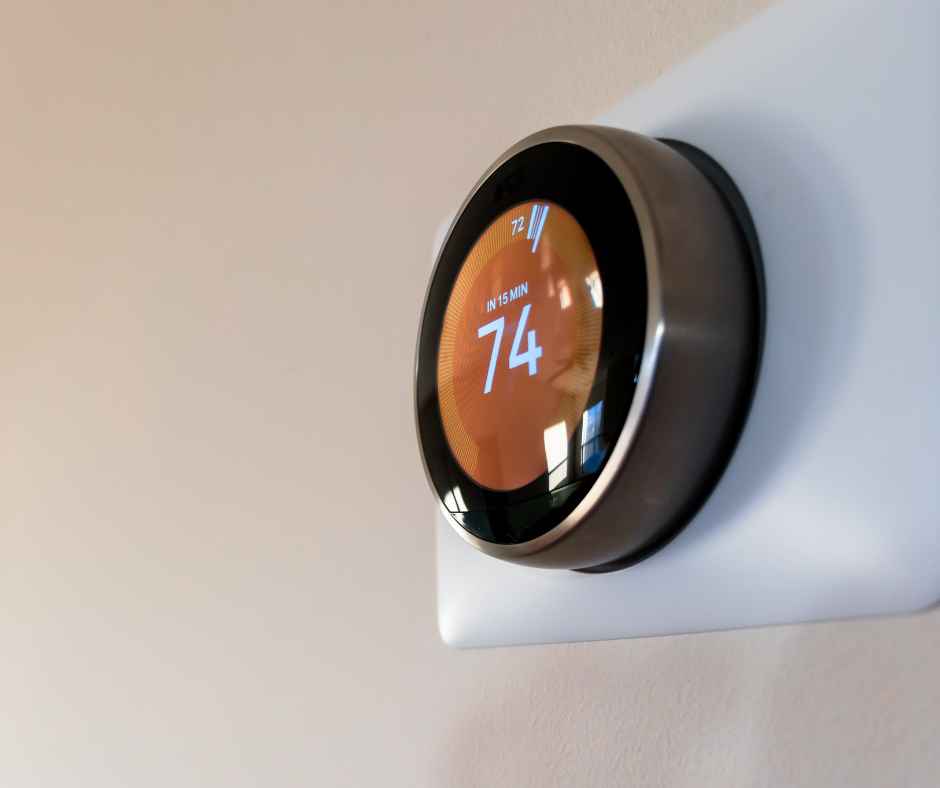
The Benefits of Programmable Thermostats in Tucson’s Extreme Weather
